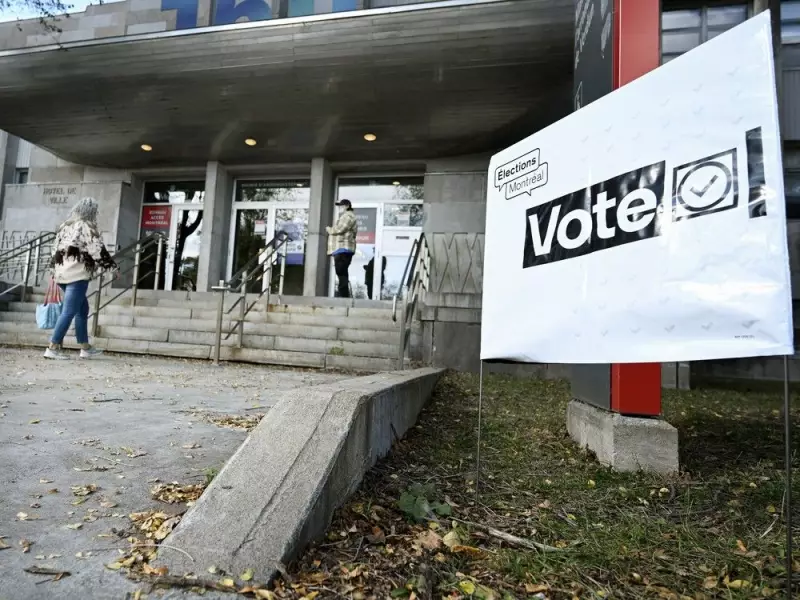
In what's shaping up to be one of Montreal's closest mayoral races in recent memory, the often-overlooked West Island suburbs are suddenly finding themselves in the political spotlight. With the leading candidates running neck-and-neck, this traditionally low-turnout region could very well determine who becomes Montreal's next mayor.
The Sleeping Giant Awakens
The West Island, comprising several suburban boroughs including Pierrefonds-Roxboro, L'Île-Bizard–Sainte-Geneviève, and others, has historically shown disappointing voter participation rates. However, political analysts suggest this election could be different.
"The West Island is the sleeping giant of Montreal politics," explains a local political strategist. "When these communities mobilize, they can completely shift the electoral landscape."
Candidate Strategies Revealed
Leading contenders have significantly increased their presence across West Island communities, recognizing that every vote counts in this tight race. From town hall meetings in Beaconsfield to community events in Pointe-Claire, candidates are making unprecedented efforts to connect with suburban voters.
The issues resonating most with West Island residents include:
- Improved public transportation links to downtown
- Local infrastructure maintenance and development
- Property tax rates and municipal services
- Environmental conservation in suburban areas
- Community safety and policing
Voter Mobilization Efforts Intensify
Community organizations and local political groups have launched aggressive get-out-the-vote campaigns across the West Island. These efforts include:
- Door-to-door canvassing in key neighborhoods
- Information sessions about voting procedures
- Transportation assistance for seniors and disabled voters
- Social media campaigns targeting younger demographics
Historical Context Matters
Previous elections have seen West Island voter turnout lag behind central Montreal districts by significant margins. This pattern has often left suburban residents feeling their concerns are overlooked at city hall. However, the competitive nature of this year's race has forced candidates to pay closer attention to suburban priorities.
"What we're witnessing is a fundamental shift in campaign strategy," notes a political science professor from a local university. "Candidates can no longer afford to take the West Island for granted or write it off as low-priority. The math simply doesn't work without these votes."
Election Day Implications
As election day approaches, all eyes will be on West Island polling stations. A surge in suburban voting could dramatically alter the outcome, while continued low turnout might reinforce existing political patterns.
Political operatives from all major campaigns are closely monitoring early voting patterns and conducting last-minute outreach to ensure their supporters make it to the polls. The message is clear: in this election, every vote truly counts, and the West Island holds the potential to be the kingmaker.





